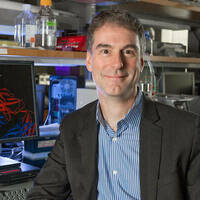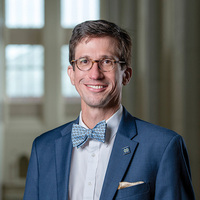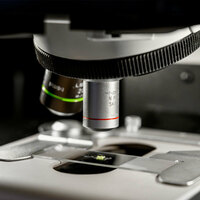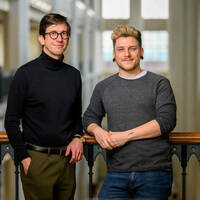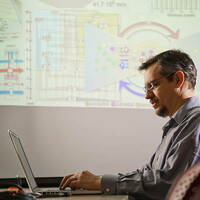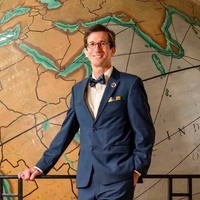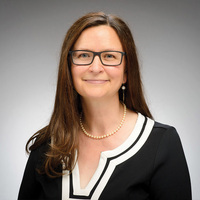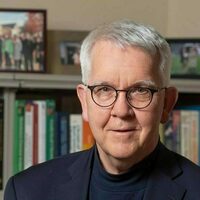
Paul Bohn named director of the University of Notre Dame Bioengineering & Life Sciences Initiative
Paul Bohn, the Arthur J. Schmitt Professor of Chemical and Biomolecular Engineering and professor of chemistry and biochemistry at the University of Notre Dame, has been named the inaugural director of the new Bioengineering…
